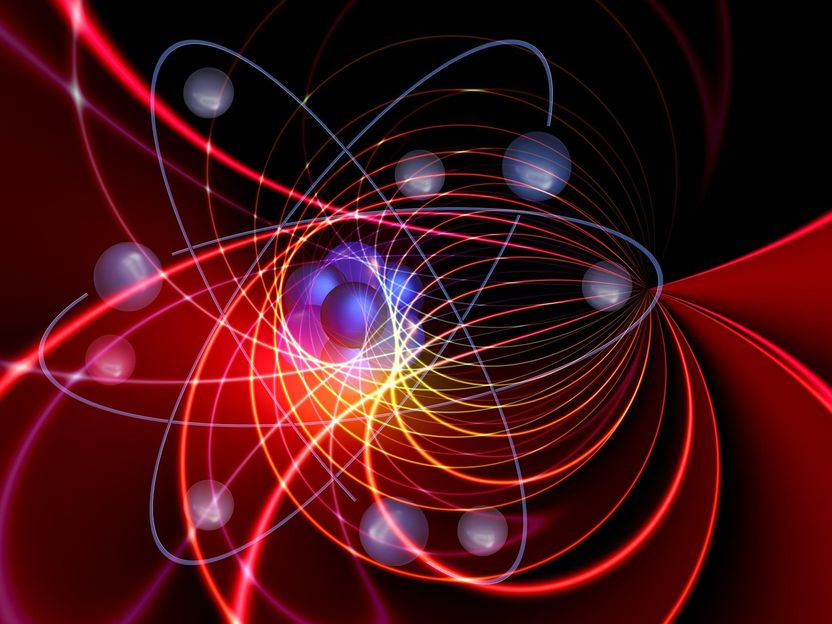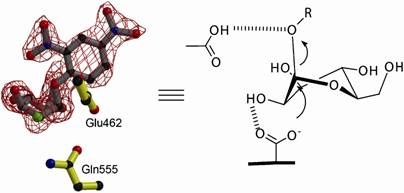Quantum chemistry on the test bench
In the future, more and more drugs, materials and catalysts will be designed, tested and developed using computer simulations alone. However, this will require algorithms that are accurate enough to predict real-life chemistry. One particular example is catalysis, where elementary rate constants (the rate at which reactions occur) can be modeled using quantum chemical methods.

Symbol image
Bild von Gerd Altmann auf Pixabay
A team from the University of Göttingen and the Max Planck Institute for Multidisciplinary Natural Sciences in Göttingen has now succeeded in determining the elementary rate constants for the recombination of hydrogen atoms on platinum to form hydrogen molecules.
Unfortunately, many simplifying approximations are used in the development of computer simulations to make the problem in question computationally solvable, to the detriment of predictive power. To make matters worse, very few elementary rate constants are known from experiments and are accurate enough to serve as critical reference values. Over the past three and a half years, the graduate program BENCh at the University of Göttingen has provided crucial data for testing and improving computer simulations and has now reached an important milestone.
The current experimental Göttingen study deals with the simplest possible chemical reaction on a catalytic surface, whose rate constant could not be determined so far and was unattainable for simulation. The authors show that a major contribution to the discrepancy between theory and experiment results from the incorrect consideration of nuclear quantum effects, which are related to the low mass of the hydrogen atom. A classical mechanics method that failed to account for the Heisenberg uncertainty principle predicted too low an entropy of the adsorbate, resulting in an error of up to three orders of magnitude in the rate constant. In addition, the team presented clear evidence for the importance of electron spin in chemical reactions on metal surfaces - a quantum effect previously ignored in computational heterogeneous catalysis.
The Research Training Group also organizes so-called Blind Challenges, in which different methods and software programs compete in the search for the most robust algorithms. The Fe-MAN (Ferrates - Microkinetic Assessment of Numerical Quantum Chemistry) competition, in which groups from around the world are challenged to predict in silico measured rate constants from the Koszinowski lab in Göttingen, runs until September 15, 2022. "Our goal is to create benchmarks that will stand the test of time in the development of quantum chemical software, while honestly assessing where we stand," says Prof. Dr. Ricardo Mata, spokesperson for the Research Training Group.
Note: This article has been translated using a computer system without human intervention. LUMITOS offers these automatic translations to present a wider range of current news. Since this article has been translated with automatic translation, it is possible that it contains errors in vocabulary, syntax or grammar. The original article in German can be found here.
Original publication
Other news from the department science

Get the analytics and lab tech industry in your inbox
By submitting this form you agree that LUMITOS AG will send you the newsletter(s) selected above by email. Your data will not be passed on to third parties. Your data will be stored and processed in accordance with our data protection regulations. LUMITOS may contact you by email for the purpose of advertising or market and opinion surveys. You can revoke your consent at any time without giving reasons to LUMITOS AG, Ernst-Augustin-Str. 2, 12489 Berlin, Germany or by e-mail at revoke@lumitos.com with effect for the future. In addition, each email contains a link to unsubscribe from the corresponding newsletter.






















































